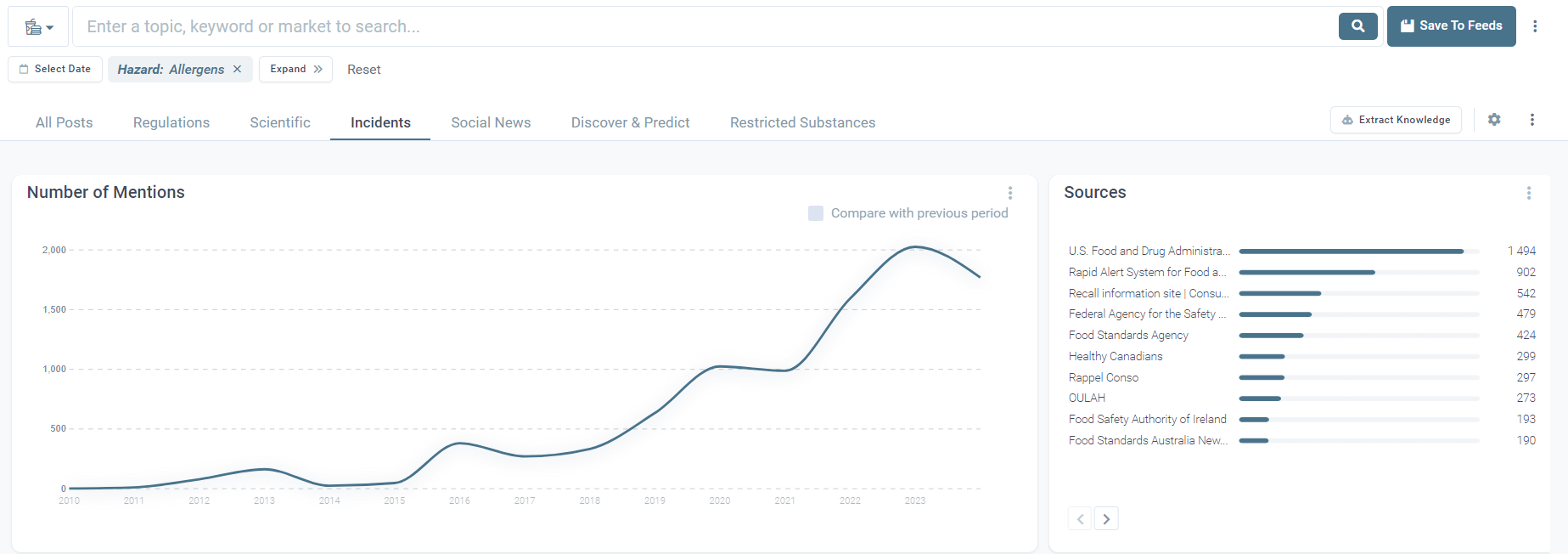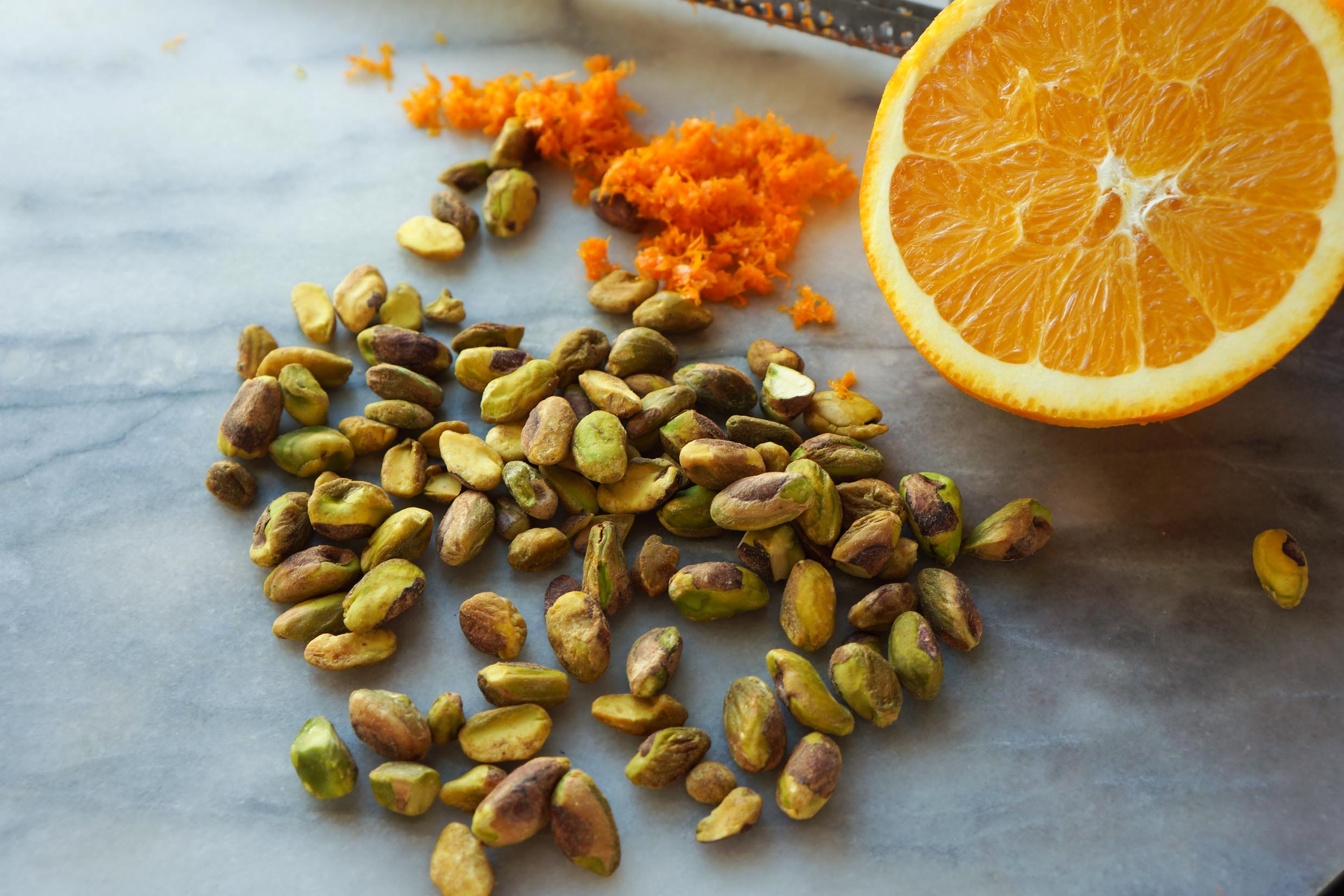Recent studies have raised concerns about potential allergic reactions associated with citrus seeds and pectin, particularly in individuals with heightened sensitivities to cashew and pistachio. This prompts a crucial investigation into the presence of allergenic components in citrus seeds, potential contamination of pectin, and the likelihood of cross-reactivity with cashew and pistachio allergens.
Unearthing the Culprit: Citrin
To address these concerns, the American College of Allergy, Asthma and Immunology conducted a comprehensive analysis. Protein extractions from various sources including orange seed coats, orange seed endosperms, lemon seeds, grapefruit seeds, as well as citrus, apple, and grapefruit pectin, were meticulously performed. Subsequent determination of protein concentrations and visualization through sodium dodecyl sulfate-polyacrylamide gel electrophoresis shed light on specific bands ranging from 17 to 38 kDa. These bands became the focal point for further investigation.
Unveiling Cross-Reactivity
In subjects exhibiting allergies to citrus seeds, pectin, and cashews, a robust immunoglobulin E-reactivity was observed within the identified band ranges. Employing tandem mass spectrometry, the analysis conclusively pinpointed the presence of citrin as the primary allergen responsible for these reactions. Notably, citrin shares striking similarities with Ana o 2, an 11S globulin found in cashew, as well as Pis v 2 in pistachio. This revelation suggests a potential for cross-reactivity, offering a plausible explanation for the co-allergenicity observed between cashew or pistachio, citrus seeds, and contaminated citrus pectin.
Continue to Monitor the Situation with SGS Digicomply
In light of the discovery of Citrin, it is critical to remain up-to-date and prepared for the possible risks associated with this new allergen, so we recommend using a trusted food safety and regulatory compliance platform such as SGS Digicomply. This is collaborative AI-Platform providing real-time monitoring, predictive risk management, and regulatory compliance for streamlined market entry and quicker time to market. There are currently no known incidents related to Citrin, but we continue to actively monitor the situation and will keep you informed. Explore SGS Digicomply platform now.

Conclusion
This study illuminates a previously uncharted allergenic risk associated with citrus seeds and pectin. Citrin, identified as the culprit antigen, shares noteworthy similarities with allergens in cashew and pistachio, potentially leading to cross-reactivity. These findings emphasize the importance of continuous vigilance in monitoring allergenic contaminants.





.webp?width=1644&height=1254&name=Food%20Safety%20Dashboard%201%20(1).webp)
